
|
This introduction to English vocabulary covers the essential knowledge and techniques that will help you increase your word power. It will take you through progressive steps, from the basics of word formation to the subtleties of technical language and foreign words, and it will give you tips and tricks on how to discover meaning effectively and always use the right word.
Highlights include sections on ways of understanding words you have never seen before (pp.37-50), words to avoid (pp.303-306), and various techniques for non-native speakers (pp.315-320).
|
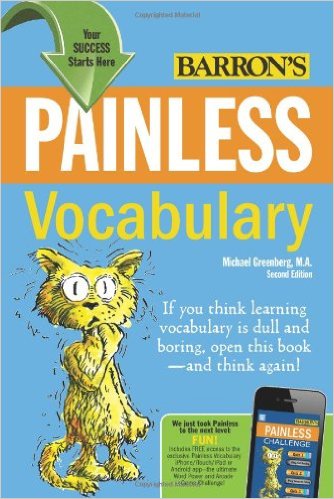
|
This fun vocabulary builder will teach you over 300 useful words while keeping you entertained. It features 20 stories that present new words in context, each followed by explanations that make understanding and remembering those words as easy as possible.
Highlights include activities with answers in every chapter, as well as warnings about the most common vocabulary mistakes.
|
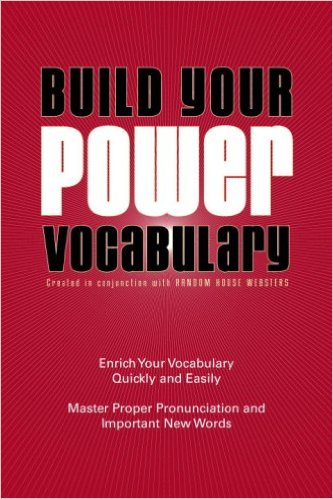
|
With chapters designed to take fifteen minutes to complete, this book will enable you to increase your vocabulary in no time. In addition, many lesson introductions feature stories that will make you discover the fascinating connections between words and culture.
Highlights include chapters on how to improve your spelling (pp.19-34), commonly confused words (pp.35-48), learning words from their histories (pp.147-208) and polite and sensitive language (pp.291-299), as well as numerous word games and puzzles with answers.
|
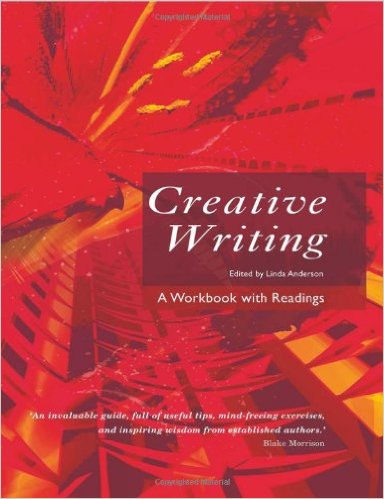
|
Designed as a complete creative writing course, this book covers the essentials of fiction, poetry, biographical writing, and publication. It also includes writings by famous authors on each of the genres covered, as well as activities that will develop your writing skills while stimulating your imagination.
Highlights include sections on the creative process (pp.17-68), a variety of writing prompts in every chapter, and tips relating to various aspects of the writing life.
|
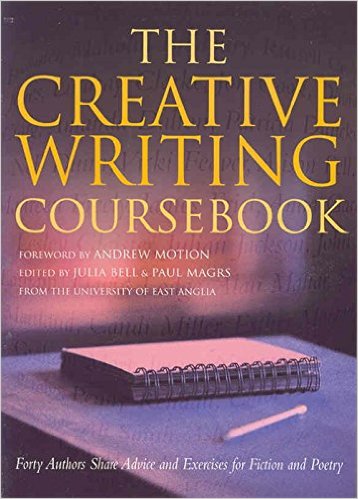
|
This book focuses on the steps of the writing process for prose and poetry – getting started, shaping, and finishing – and on the various elements of plot, including setting, characterization, and point of view. It features numerous writing tasks and activities to develop productive writing habits.
Highlights include the contributions of many published authors, a section on how to develop your observation skills as a writer (pp.20-40) and another on how to revise your work (pp.251-290).
|
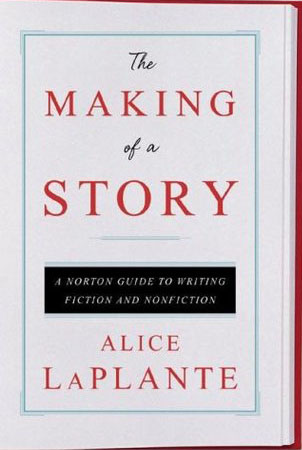
|
Covering both fiction and non-fiction, this practical guide analyzes the elements of effective writing and illustrates them with examples from famous works. The author explores common myths about creative writing, showing why breaking the rules can be just as important as knowing the rules, and every chapter features exercises that will inspire beginner and advanced writers alike.
Highlights include sections on how to write effective dialogue in fiction and non-fiction (pp.341-354) and how to transfer true emotions into text (pp.507-520), as well as a "how to read as a writer" part in every chapter.
|